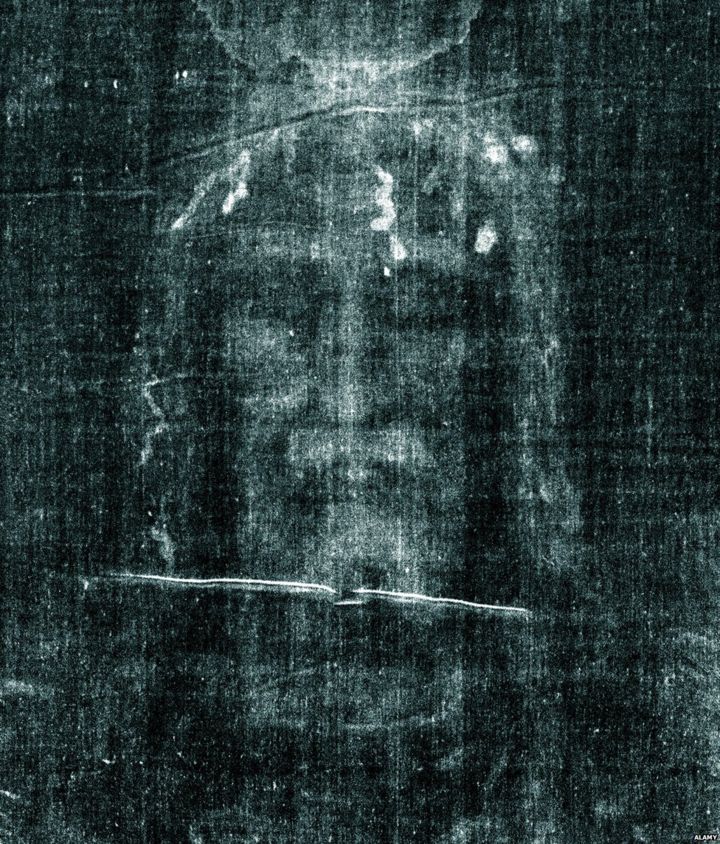Christology, as the word implies, is the study of Christ. Christology explores the questions: “Who was or is Jesus?” and, “What did or does Jesus do?” Unlike the other monotheistic religions, Christianity believes in a Trinitarian God composed of the Father, Son (Jesus) and Holy Spirit. Most Christians are radically Christo-centric or Christ centered. The two major issues dealt with in Christology are: The Incarnation and Redemption.
The Incarnation or the nature of Jesus
Who Jesus was has been the subject of discussion for centuries. Was Jesus completely human with a divine spark (The Arian view) or was Jesus both human and divine in some mysterious way? (The Christian view.) The belief in a Trinitarian God states that God is one person with three natures. Each nature has different roles to play. Each is mentioned separately in the Bible and they are also mentioned in conjunction with each other. The question remains, who or what is Jesus? Some stress his divinity almost to the exclusion of his humanity (high Christology) whereas others focus upon his humanity and limit discussion on his divinity (low Christology). Whether high or low, both theologies agree that Jesus was both human and divine.
During his lifetime, most people (with the exception of his parents) accepted Jesus as being fully human. The evidence is clear that his closest associates, his disciples, had no idea that he was anything but fully human until after his resurrection. No matter how many times Jesus said things like “I and the father are one,” (John 10:30) his disciples had no idea what he was talking about. When he referred to himself as “I am” using the words Yahweh used when he revealed himself to Moses (Exodus 3:14), they were confused but accepting. “Jesus said to them, “Truly, truly, I say to you, before Abraham was born, I am.”” (John 8:58, Mark 14:62).
Even when Jesus raised Lazarus from the dead, when he had already begun to corrupt, Jesus was only seen as a human miracle-worker and not as divine. Not until the resurrection did anyone suspect he was anything other than human. Even then, it was not until the Holy Spirit descended upon his followers, that they had the conviction and courage to go out and spread the good news.
Christology covers both the claims and challenges of Jesus’ ministry by examining his preaching (his message), his special experiences such as his baptism and his temptations in the desert, and what he did (his miracles). It touches on his relationships and teachings about sinners as well as why he was rejected by his own people.
Jesus’ preaching focused first on the kingdom or the reign of God. He covered the current expectations about the kingdom, what type of kingdom he was talking about, a kingdom that was free to all, and the human response to God. The second focus, quite unique to Jesus, was the “Fatherhood of God” emphasized in the Lord’s Prayer. He tried to introduce the concept of God as Abba or “Daddy” indicating a forgiving, loving, father figure. He emphasized that people are to be like children in God’s presence and to trust him. Finally Jesus’ relationship with his father is revealed throughout the Gospels.
The second half of Christology focuses upon The Resurrection-Exaltation of Jesus beginning with the meaning of his passion and death based upon early Christian preaching about Jesus, followed by the teachings of the first councils and subsequent explanations through the centuries after his death.
The human mind is a finite thing which cannot comprehend the mystery of God as Trinity. It can only accept that it is truth. Belief in the Trinity is totally dependent upon a belief that Jesus was God Incarnate. Christology, therefore, is an attempt to understand who Jesus was and is in both his human and divine natures. It remains, however, a mystery.


